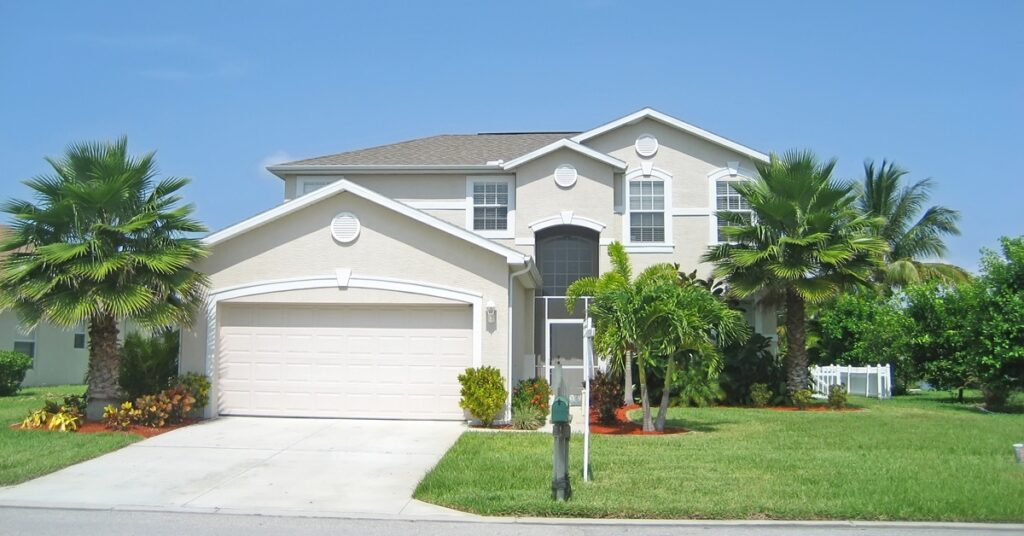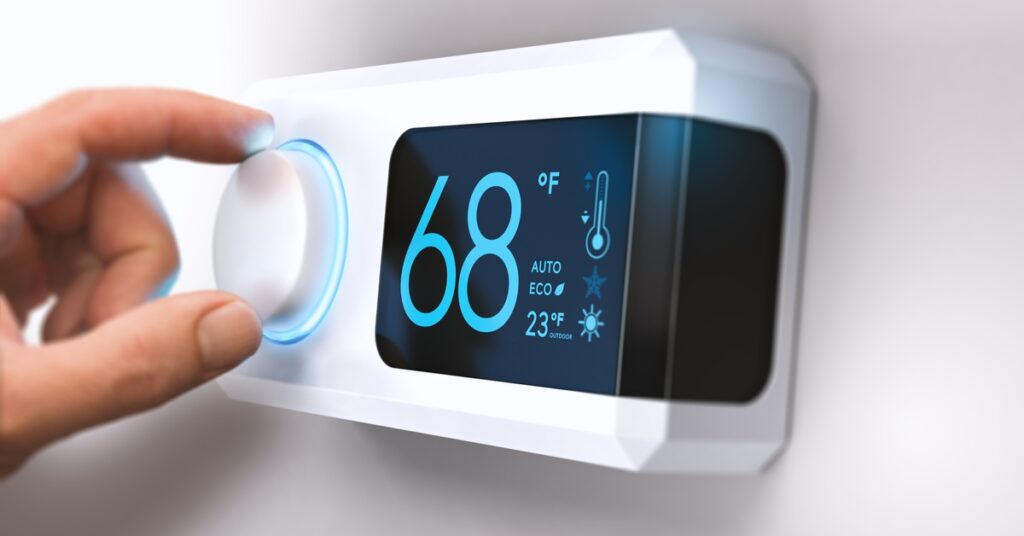Replacing major home systems, such as your heat pump and air conditioner, is a significant decision for homeowners. Not only can this be expensive, but it also takes a professional several hours, which may disrupt your schedule. Replacing both appliances at once may not sound like an ideal option initially, especially if only one breaks down. Why replace the other system if it still works?
Replacing your heat pump and A/C together may not seem like the ideal choice at first, but it comes with many benefits. Here are some of the top reasons it’s worth considering.
Cost Savings
Replacing both at once can cut labor costs since the professional can install the entire HVAC system in a day or two. Likewise, some companies will offer specific discounts to customers who book both services simultaneously, helping homeowners save even more.
Energy Efficiency
Outdated HVAC systems typically consume far more energy than newer models. By upgrading to energy-efficient models simultaneously, you immediately eliminate inefficient components in your home.
Although your heat pump and A/C aren’t directly connected, they both contribute to your home’s overall energy efficiency. By replacing them simultaneously, you can ensure that both systems work efficiently and effectively.
Better System Compatibility
Matching technology is critical when it comes to replacing your heat pump and air conditioner simultaneously. As explained, your A/C and heater don’t directly connect but rely on complex ductwork to function correctly. When you have two different systems of varying ages, there is a higher chance that they may not be compatible. This can lead to reduced efficiency and performance issues.
The EPA issued new guidelines for refrigerant that went into effect January 1, 2025, requiring new systems to use a refrigerant (known by the acronym A2L) that has a lower global warming impact. What this means is that if you do not replace your entire system at the same time, your system may need a retrofit to become “A2L compatible”. In addition, some older refrigerants feature a different composition than the new A2L refrigerants which may cause a mismatched system to fail.
When you replace both simultaneously, you ensure the systems are compatible and able to function optimally. You can enjoy better indoor air quality, more consistent temperatures, and improved comfort in your home.
Avoid Single System Breakdown
Replacing your heat pump and air conditioner together mitigates the risk of a single system failure. Generally, both systems are the same age, and both systems will likely break down around the same time. Of course, HVAC systems should last 15 to 20 years, so “around the same time” could be a few years apart.
A dual replacement ensures both systems start fresh, operating at peak levels. This synchronization reduces the likelihood of sudden malfunctions and extends the lifespan of both units, minimizing the risk of costly emergency repairs.
Boosts Home Value

A new heat pump and air conditioner are major selling points for any home, especially in states like Florida, where extreme weather conditions make heating and cooling systems crucial. When you have an updated A/C andheat pump, prospective buyers will feel more confident in the overall condition of your home. This can ultimately lead to a higher selling price and faster sales.
Moreover, newer units are more energy efficient and have advanced features, making them more desirable to potential buyers. By upgrading both simultaneously, you are investing in your home’s value and making it more appealing to potential buyers.
Quieter Operation
The faint hum of your HVAC system is part of the white noise that makes up modern life. But when your system contains mismatched components, your technician may need to fit those pieces together in ways that lead can to rattles or banging sounds when the system kicks on, and a louder, more noticeable hum during regular operation. Matched components from the same manufacturer have fittings and connections intended to sync perfectly with each other, meaning tighter bonds, fewer rattles, and quieter operation. As a rule of thumb, you should never have to turn up the TV because the air conditioner is running.
Enhances Home Comfort
One of the most noticeable benefits of replacing your heat pump and air conditioner is the improvement in overall home comfort. Modern systems have advanced features that allow consistent temperature regulation throughout your home. Many new models also have features such as:
- Zoned heating and cooling
- Humidity control
- Smart thermostats
- Advanced air filtration
These features provide comfort and help save money on energy bills by optimizing the efficiency of your HVAC system.
Signs Your System Is Breaking Down
Knowing when to replace your heat pump and air conditioner is crucial. There are several signs homeowners can look for that indicate it’s time for an upgrade.
Constant Repairs
If components in your heating, cooling, or electrical systems require fixes every few months, it’s worth assessing the situation more closely. Frequent repairs, especially after warranty periods, tend to accumulate unexpected costs.
Review the receipts for the repairs done on your heat pump and air conditioner for the last year or two and add up the total cost. If repair expenses approach or exceed 50 percent of the cost of a new system, it may be more economical to replace the system entirely.
Pro Tip
When your A/C or heat pump breaks down, ask the technician whether it would be best for you to repair or replace the entire system. The choice depends on factors such as the age of the system, cost of repairs, and overall efficiency, and their insight can help you understand your home’s needs.
Increasing Energy Bills
As explained, replacing your heat pump and A/C can save money because newer units utilize modern technology, making them more energy efficient.
If you’ve noticed a steady increase in energy bills over the years, it could be due to an outdated and inefficient HVAC system. When doing this, note the time of year and how it impacts energy bills. Florida summers are humid, so your A/C will likely run more and raise your energy bill. However, if expenses seem to jump throughout the year, it could indicate issues with your HVAC system.
Uneven Temperatures
Uneven temperatures throughout your home often highlight struggles with heating or cooling equipment. Rooms that remain too warm or cold despite adjustments to the thermostat suggest difficulties maintaining consistent airflow or temperature regulation.
Begin by inspecting your vents, ensuring they are not blocked or improperly adjusted. If this doesn’t resolve the problem, underlying causes such as system ductwork leaks or declining performance may be at fault. Scheduling an assessment with a licensed technician is vital for pinpointing whether minor issues need addressing or the entire system requires replacing.
Incorrect Temperatures

Similar to uneven temperatures, your HVAC system may also be in trouble if the temperature readings on your thermostat do not match the actual temperature in your home. If you find yourself constantly adjusting the thermostat to try to achieve a comfortable temperature, it may be time to consider replacing your heat pump and air conditioner.
Unusual Noises
Loud or unfamiliar noises also serve as a clear indicator of underlying problems in mechanical systems. If you hear rattling, banging, or hissing sounds coming from your heat pump or air conditioner, it’s time to call a professional. The technician can diagnose the issue and recommend whether it’s time to replace your system.
Contact a Professional for Repairs
Style Crest offers numerous HVAC services, including repair and installation, to homeowners living in Melbourne, FL, and the surrounding area. Our certified technicians have years of experience installing and repairing heat pumps, air conditioners, and other HVAC systems. Contact our team to schedule a consultation or to have your new heating and cooling systems installed.